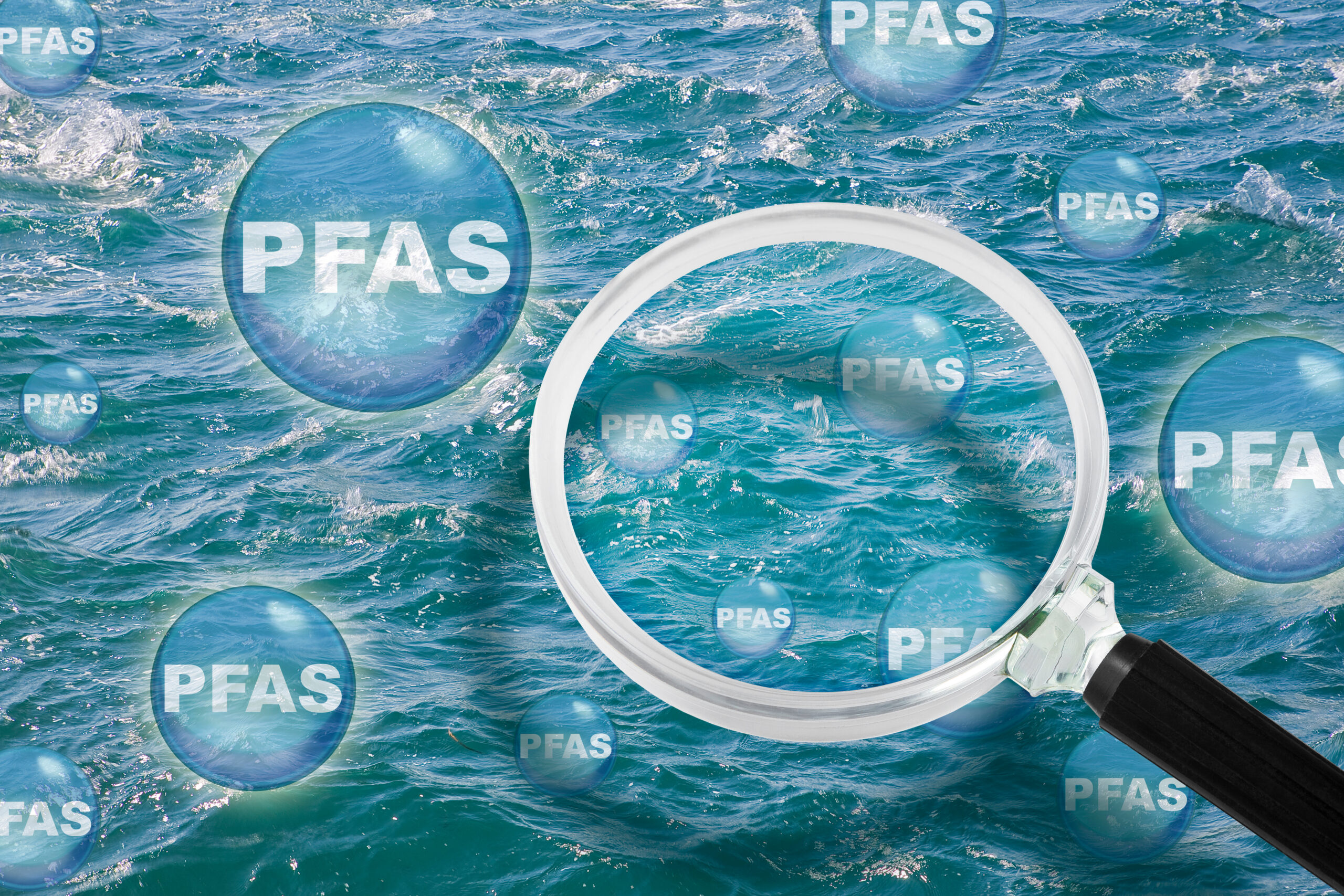New Research Projects Focus on PFAS, A Contaminant of Emerging Concern
Two new projects explore the intersection of PFAS contamination and water utilities

WRRI is pleased to announce two new projects, funded in partnership with the Urban Water Consortium, that address testing and treatment of water and wastewater for per- and polyfluoroalkyl substances (PFAS), a contaminant of emerging concern.
The Urban Water Consortium (UWC) was established in 1985 to connect urban water managers in North Carolina with scientific research and information and with technology transfer. The Consortium provides research and information that enhances the management of water resources and wastewater in a cost-effective manner and allow water and wastewater utilities to adapt to future needs and changing operating and regulatory requirements. UWC members include Charlotte Water, Cape Fear Public Utility Authority, City of Burlington, City of Durham, City of Greensboro, City of High Point, City of Raleigh, Fayetteville Public Works Commission, Greenville Utilities Commission, Orange Water and Sewer Authority, Town of Cary, and Winston-Salem/Forsyth County Utilities.
Scientific understanding and regulatory requirements related to testing and treatment of water and wastewater for per- and polyfluoroalkyl substances (PFAS), and management of PFAS in wastewater-generated biosolids are rapidly evolving alongside growing public concern. These grants will support research to improve utility operations and analytical methods in a cost-effective manner as North Carolina utilities strategically prepare to address the future of evolving regulations, scientific understanding, and public perception.
Dr. Pingping Meng, an Assistant Professor in the Department of Chemistry at East Carolina University, and Dr. Mei Sun, an Associate Professor of Civil and Environmental Engineering at UNC Charlotte, have been awarded funding for their projects.
Dr. Pingping Meng, East Carolina University

Project title: Development of improved analytical methods for the determination of total organic fluorine in wastewater and biosolids
PFAS contamination in water and wastewater are a topic of evolving public concern in North Carolina, driving the demand to treat PFAS collectively as a class rather than individually. Rapid determination of PFAS levels is critical for water utilities to implement timely interventions that reduce human exposure. However, PFAS testing can be a time-intensive and expensive process. This project aims to develop cost-effective and rapid total organic fluorine (TOF) methods using high performance liquid chromatography-inductively coupled plasma mass spectrometry (HPLC-ICP-MS)-based systems to serve as a practical PFAS screening tool. This method will significantly reduce the need for complex sample preparation, leading to lower materials and labor costs. With simplified sample preparation and faster data analysis, the proposed method promises to be more available to water utilities, significantly reducing the analytical cost and turnaround time, and enhancing the ability to protect public health from PFAS contamination in North Carolina.
Dr. Mei Sun, UNC Charlotte

Project title: Improve the total organic fluorine analysis by adding oxidative pretreatment
Total Organic Fluorine (TOF) analysis is a method that can help determine total PFAS concentrations in a sample. This project aims to identify effective oxidative pretreatments to destruct interfering compounds in order to improve accuracies of PFAS detection using the TOF method. This will provide new insights for total PFAS quantification to industry practitioners, laboratory chemists, and environmental engineering researchers. With the TOF method improvements, the project aims to improve the understanding of PFAS compounds in the environment, as well as to support the management of water resources to benefit public health and ecosystems.



